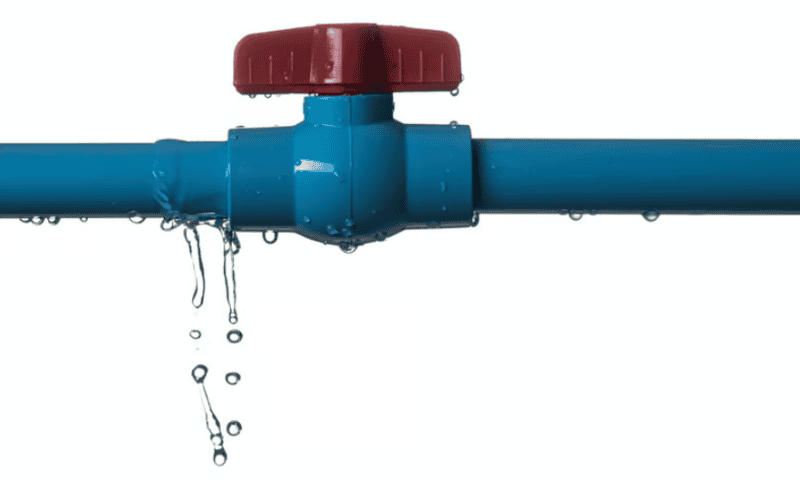A $4.9 billion hole has appeared in Gilead Sciences’ pipeline. After years of setbacks, the Big Biotech dealt a final blow to its anti-CD47 monoclonal antibody magrolimab Thursday by removing the remaining solid tumor trials from its pipeline.
The program sank deeper into the mire in February, when Gilead ended development in blood cancers and paused enrollment in all solid tumor trials. Gilead pumped the brakes on the solid tumor trials when the FDA asked for a partial clinical hold on the studies. But, at that time, Gilead was still “reviewing the benefit-risk of magrolimab across all ongoing trials.”
Gilead quietly provided an update on the program after the market closed Thursday, removing all solid tumor trials of the CD47 drug candidate from its pipeline as part of its first quarter results update (PDF). The antibody is now completely absent from Gilead’s pipeline.
Previously, Gilead was testing the antibody in four midphase clinical trials as part of its Elevate program. Those studies were treating patients with head and neck squamous cell carcinoma, triple-negative breast cancer, colorectal cancer and a mix of solid tumors. Gilead removed the studies from its pipeline as part of a clear out that also crossed two magrolimab blood cancer studies off the list of active programs.
The pipeline update marked a muted end to a molecule that was once central to Gilead’s cancer plans. In 2020, Gilead paid $4.9 billion to acquire Forty Seven, chiefly for magrolimab, to expand its portfolio beyond cell therapies. Analysts saw the antibody as a potential “pipeline in a product” that could unlock opportunities across a wide range of blood cancers and solid tumors.
Things began to go wrong early in 2022 when the FDA imposed a partial clinical hold in response to an “apparent imbalance” in adverse reactions between study arms. Gilead’s woes deepened as the antibody failed phase 3 trials and was linked to patient deaths, culminating in February’s one-two punch.
Gilead was far from the only company attracted by the potential to treat cancer by targeting CD47. One company challenged it for Forty Seven’s signature, another two were interested in striking a partnership deal for magrolimab and Pfizer paid $2.3 billion for Trillium.

